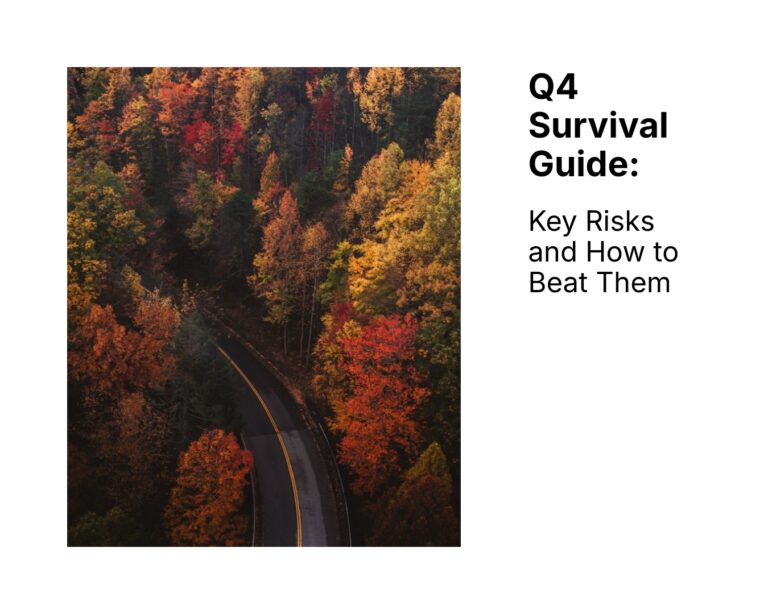Fortifying Your Finances: 10 Processes to Slash Business Fraud Risks
At WrightCFO, we understand the critical importance of robust financial controls. In this article, we unveil 10 actionable processes you can implement today to significantly reduce the risk of business fraud.
1. Employee Training and Awareness:
Educate your team about the various forms of fraud and their potential impact on the business. A well-informed workforce is your first line of defence against both internal and external threats.
2. Strict Access Controls:
Limit access to financial systems and sensitive data. Implement a tiered access structure, ensuring employees have access only to the information essential for their roles.
3. Regular Financial Audits:
Conduct regular internal and external audits to scrutinise financial transactions and identify irregularities promptly. This proactive measure helps maintain transparency and integrity in your financial processes.
4. Whistleblower Policy:
Establish a confidential reporting mechanism for employees to raise concerns about potential fraudulent activities. Encouraging a culture of accountability can deter individuals from engaging in fraudulent behaviour.
5. Vendor Due Diligence:
Thoroughly vet vendors before entering into partnerships. Confirm their legitimacy and ensure they adhere to ethical business practices. Fraudulent activities can sometimes be orchestrated through external entities.
6. Segregation of Duties:
Divide financial responsibilities among multiple team members to prevent any single person from having unchecked control over critical processes. This segregation of duties acts as a crucial internal control mechanism.
7. Implement Data Encryption:
Protect sensitive financial data through encryption. This ensures that even if unauthorised access occurs, the data remains secure and unreadable without the proper decryption key.
8. Monitoring Unusual Behaviour:
Leverage technology to monitor financial transactions for unusual patterns or deviations. Automated alerts can quickly flag suspicious activities for further investigation.
9. Two-Factor Authentication:
Enhance the security of your financial systems by implementing two-factor authentication. This additional layer of verification adds a formidable barrier against unauthorised access.
10. Cybersecurity Training:
Equip your team with the knowledge and tools to combat cyber threats. Phishing attacks and other cybercrimes are common vectors for fraud, and a well-informed team can thwart these attempts effectively.
According to recent studies, a significant portion of fraud cases affecting SMEs in the UK is committed by employees. In fact, employee fraud accounts for approximately 40% of all fraud cases reported by SMEs. This statistic underscores the importance of implementing stringent measures to address both internal and external fraud risks.
Fraud prevention is an ongoing commitment that requires vigilance and strategic planning. By implementing these 10 processes today, you not only fortify your business against potential financial threats but also foster a culture of transparency, accountability, and resilience.
At WrightCFO, we believe that safeguarding your finances is an integral part of ensuring the long-term success and sustainability of your business. Stay vigilant, stay informed, and take proactive steps to protect what matters most.
To explore how a Fractional CFO from WrightCFO can help prevent fraud in your business, don’t hesitate to reach out.
This article was originally published on LinkedIn on 27th February 2024.










